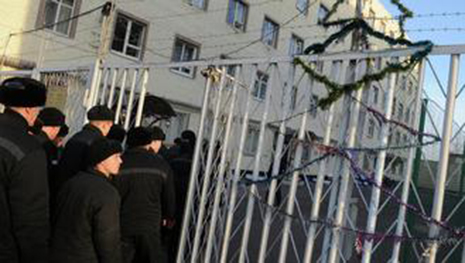The amnesty was approved on July 2 last year by the State Duma, the lower house of the parliament.
Under its terms, people serving prison sentences – as well as non-custodial or suspended sentences – for economic crimes were to be amnestied over a period of six months on one condition: that they compensated any damages incurred by their actions.
In late October, business ombudsman Boris Titov said that 1,284 people had been released under the amnesty.
Earlier, Garry Minkh, the presidential plenipotentiary at the State Duma, said that about 3,000 people would be amnestied.
An estimated 100,000 Russians are currently in jail for economic crimes. Human rights activists say many are entrepreneurs who fell victim to corrupt officials or rival businesses. Titov was appointed ombudsman to protect entrepreneurs` rights in 2012.
A general amnesty was also declared in Russia late last year, under which several high-profile prisoners such as former oil tycoon Mikhail Khodorkovsky and members of the feminist punk group Pussy Riot were freed from jail.
More about:
















































